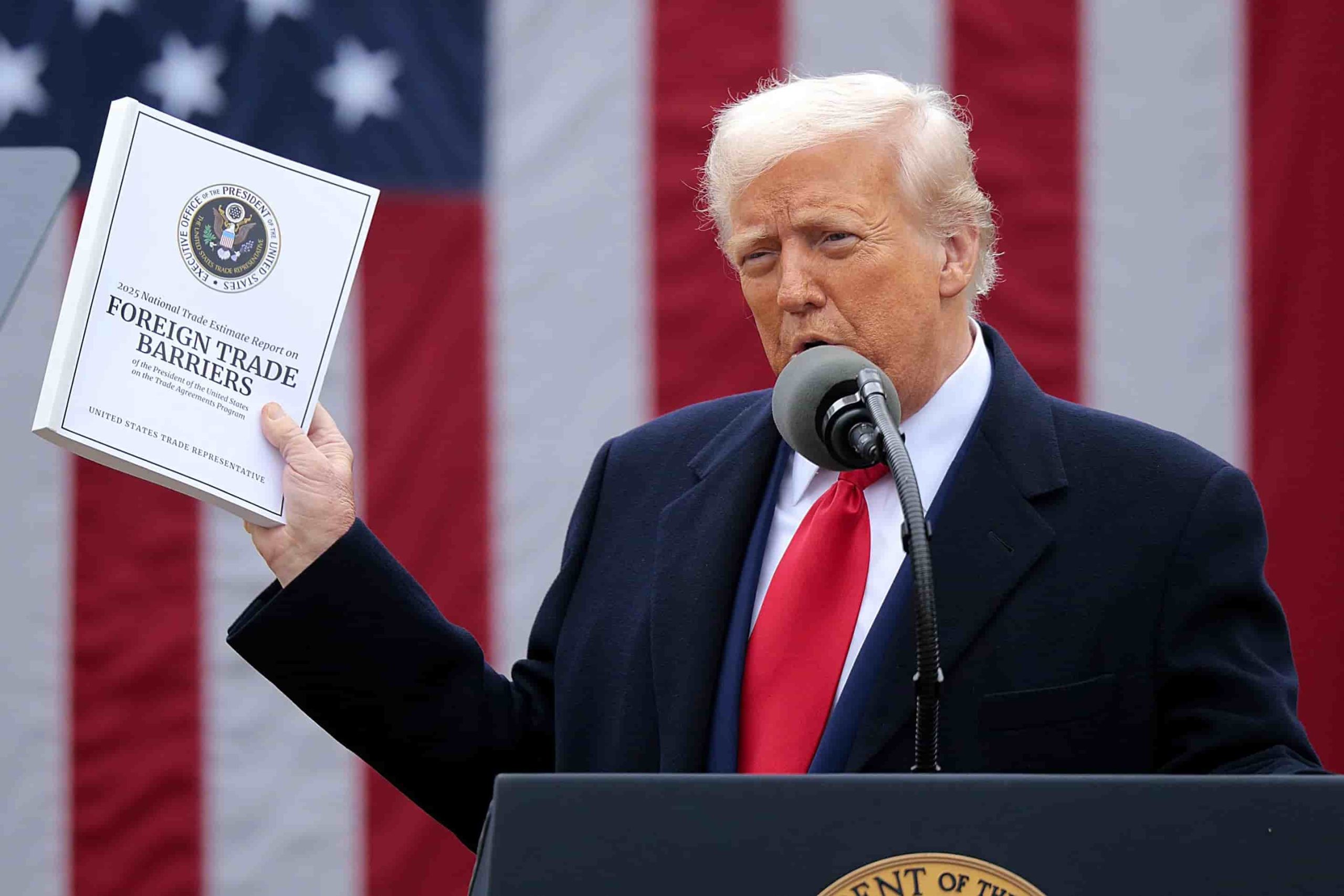Trump Orders 100% Tariff On All Foreign Films
Related Articles
Massive Fire Engulfs Electronics Warehouse in Hubballi; No Casualties Reported
A significant fire emerged this afternoon at an electronics warehouse situated on Kusugal Road in Hubballi, Karnataka, attributed to a short circuit. The blaze...
Technical Glitch Causes Tejas Jet Crash During Landing; Pilot Safe
A Tejas fighter jet was involved in a crash while attempting to land at a major operational air base. The aircraft had just completed...
Three Arunachal Women Allege Racial Abuse by Neighbors in South Delhi Row
In a disturbing incident in Malviya Nagar, South Delhi, three women from Arunachal Pradesh reported being subjected to racial slurs and verbal abuse by...


